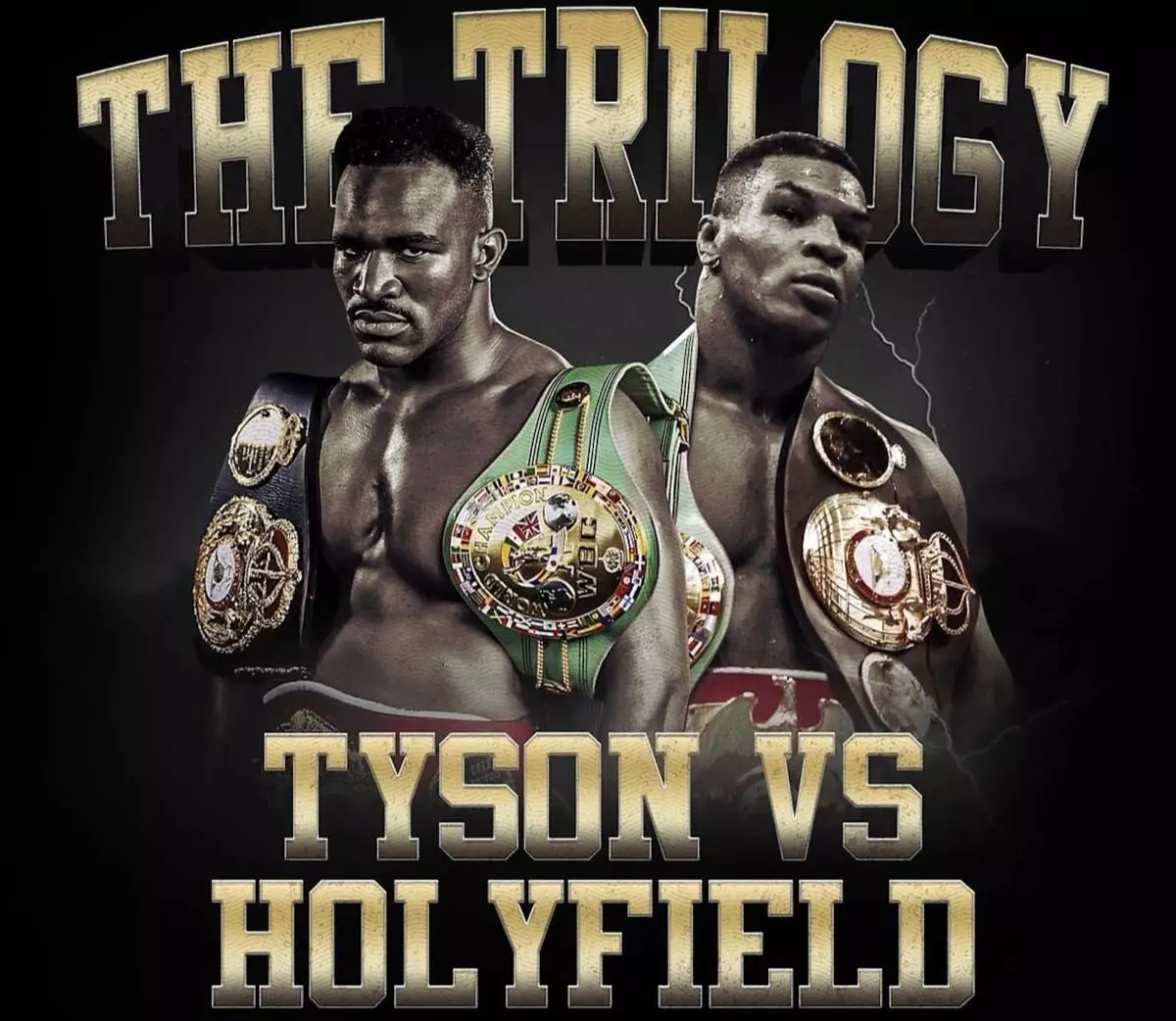In the ever-evolving arena of boxing, fans are being served an unsettling blend of nostalgia and cringe as aging fighters step back into the ring. With the match between Mike Tyson and Jake Paul, we witnessed a collision of eras that left many questioning the sport’s integrity. Tyson, now 58, fought against a much younger Paul, who, despite his fame as a YouTuber, would likely have been no match for a younger Tyson. Instead of signaling the end of this bizarre chapter, the fight opened the floodgates to even more peculiar possibilities.
As if the Tyson-Paul matchup wasn’t strange enough, the boxing community was thrown for another loop when Evander Holyfield, Tyson’s former rival, made headlines by mocking an interest in a third fight with Tyson. At 62, Holyfield’s last foray into the ring was a humiliating defeat to Vitor Belfort, raising serious concerns about whether he is fit or even wise to consider a comeback. The mock fight poster titled “Unfinished Business” that Holyfield released is an embarrassing attempt to grasp for relevance that is best left in the past. Tyson’s response to Holyfield’s proposal—emphasizing that their friendship holds more weight than a contrived fight—was refreshing in a world that seems increasingly unwilling to let well enough alone.
The landscape of boxing has shifted dramatically, influenced by a mix of reality television culture and a nostalgic yearning for the glory days. The distinction between legitimate fighters and celebrities pursuing fame is becoming increasingly blurred. Today, a fight can hinge more on social media traction than athletic merit. In this vein, Jake Paul’s continued involvement in boxing seems to exemplify this shift, highlighting that in the modern age, virality may overshadow traditional fight metrics like skill, endurance, and technique.
Amid this circus of aging icons and novelty fighters, a significant concern arises regarding the preservation of the sport’s integrity. Spectators tuning in for a glimpse of what was once a showcase of athletic prowess may be left disappointed. The Tyson-Paul bout, far from the heavy-hitting brawls of previous decades, exhibited what some would call a theatrical performance rather than an actual competition. Fans are left grappling with the unfathomable idea that legends like Tyson and Holyfield are not only participating in these spectacles but are also potentially putting their health at risk. This trend is symptomatic of a broader malaise in combat sports, where the priority seems to lie more with entertainment than with competition.
Considerations for Future Fights
As discussions swirl around the potential for more such encounters, we must take a step back and consider the potential consequences. For example, Oliver McCall, another fighter revisiting the ring at 59, has announced plans to continue boxing for another year to commemorate 40 years as a professional. While McCall’s longevity in the sport deserves recognition, the focus should rightfully shift from mere longevity to the imperative of safety. With so many informal sensations stepping into the ring, safeguarding these aging warriors must take precedence over mere profit and entertainment.
The current trajectory of boxing, defined by absurd fight matchups and nostalgic pseudo-contests, raises questions not only about the sport’s future but about the well-being of its iconic figures. As fans and commentators, it is our responsibility to advocate for the sanctity of competition and the physical safety of these athletes who have already given so much to the sport. Instead of celebrating aging legends returning to the ring for one last ride, it is time to prioritize their legacies—not through embarrassing comebacks, but by honoring their past contributions and keeping them safely out of the ring. As the lines between reality and spectacle continue to blur, let’s hope that boxing can find its way back to the principle of authenticity that once defined it.


Leave a Reply